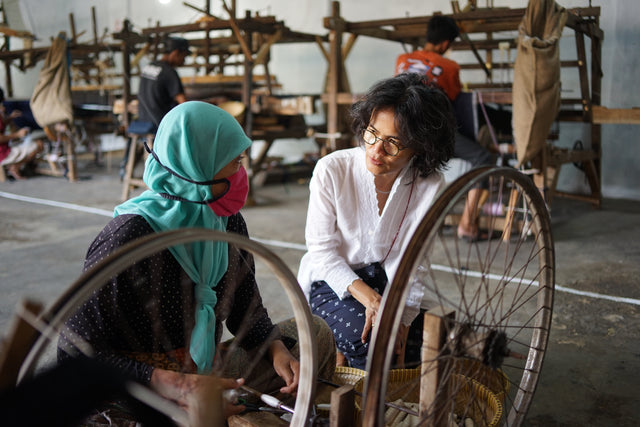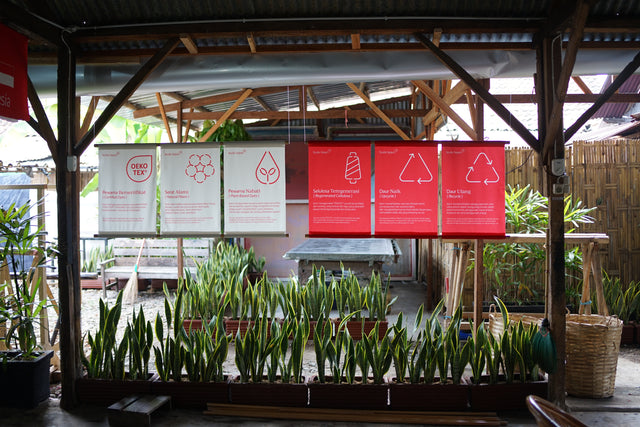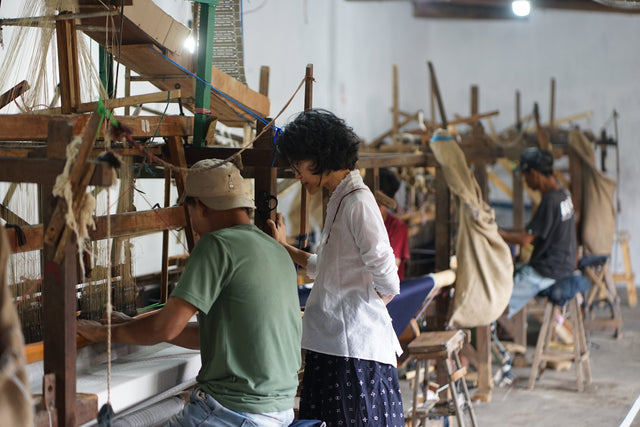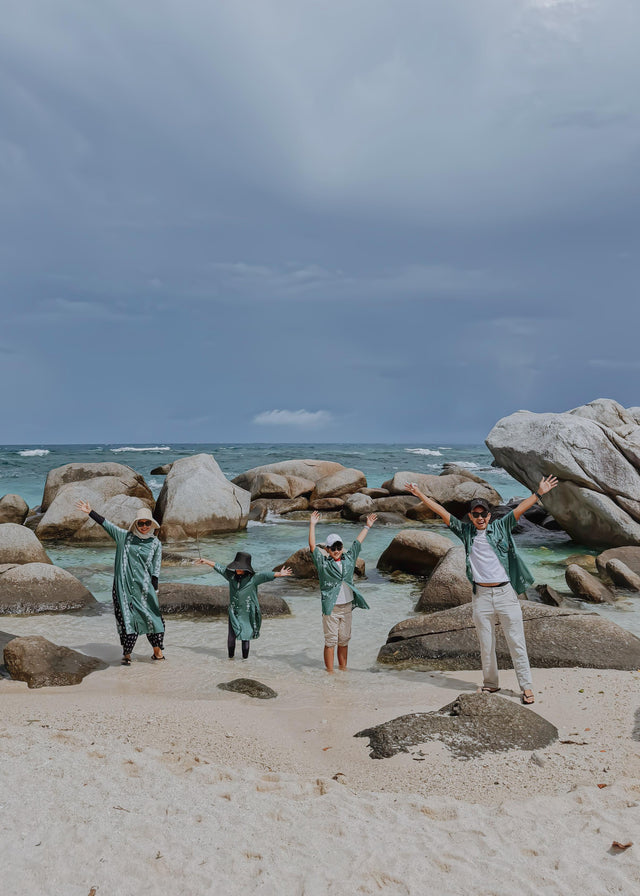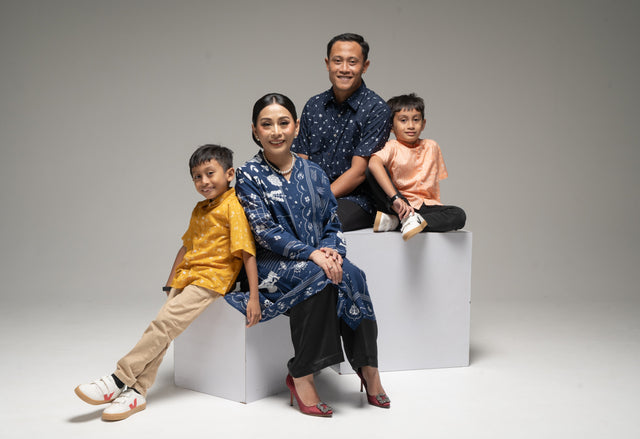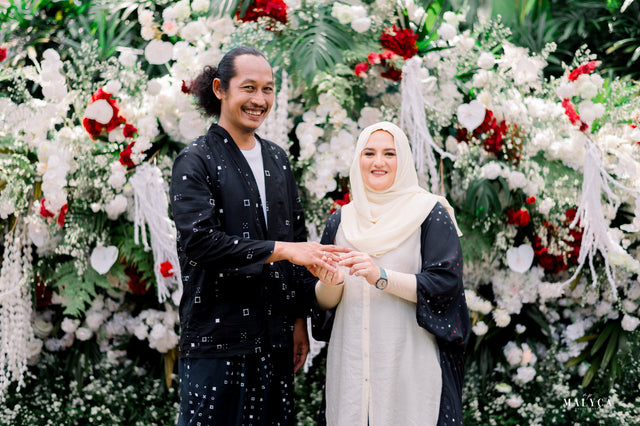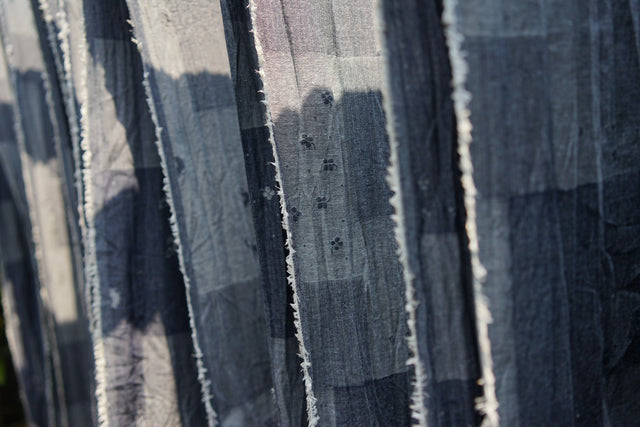
Studio Sejauh
Studio Sejauh, part of the textile label Sejauh Mata Memandang, is a collaborative space established in August 2024 to connect stakeholders across the fashion supply system. This initiative brings together farmers, artisans, MSMEs, communities, and the public to foster Indonesia's 'Textile Sovereignty' through circularity, responsibility, and environmental preservation. The studio also provides access to and insights into responsible supply and production systems.
Through its programs, Studio Sejauh facilitates collaborative learning and implementation of a fully Indonesian supply system, encompassing every stage from upstream to downstream. This includes farmers, spinners, dye artisans, weavers, batik makers, designers, tailors, retailers, and consumers.
Studio Sejauh operates on the belief that achieving ‘Textile Sovereignty’ requires collective effort, mutual support, and shared impact. The principle of gotong-royong—a spirit of collaboration—forms the foundation of its mission and activities.
Through its programs, Studio Sejauh facilitates collaborative learning and implementation of a fully Indonesian supply system, encompassing every stage from upstream to downstream. This includes farmers, spinners, dye artisans, weavers, batik makers, designers, tailors, retailers, and consumers.
Studio Sejauh operates on the belief that achieving ‘Textile Sovereignty’ requires collective effort, mutual support, and shared impact. The principle of gotong-royong—a spirit of collaboration—forms the foundation of its mission and activities.
